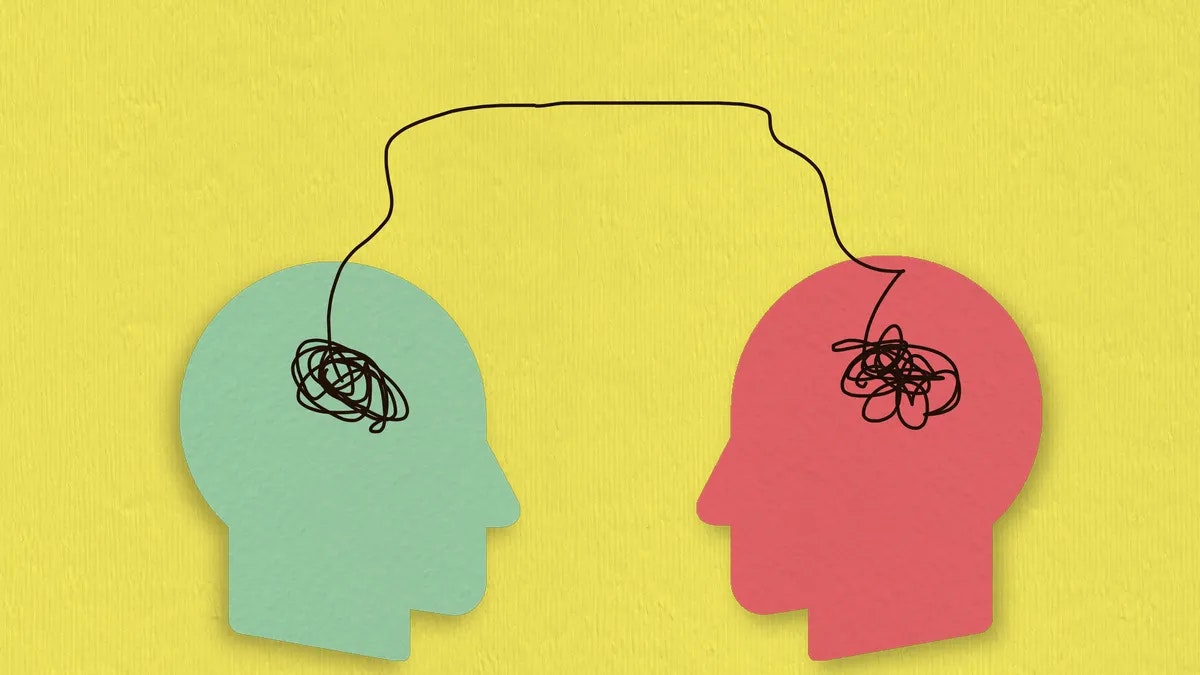
Should we require a cognitive fitness assessment for certain government leadership positions?
At the start of Donald Trump's second presidential term, he was 78 years, 220 days old, and at the start of Joe Biden's term, he was 78 years, 61 days old, making them the oldest and second-oldest people, respectively, to assume the office of the presidency. Interestingly, the third oldest incoming president was also Donald Trump who was 70 years, 220 days old when he started his first term. During the bitter campaign season of the 2024 presidential election, the candidates' advanced ages were a central feature of debate and discussion, ultimately culminating in Joe Biden's disastrous debate performance and later his withdrawal from the race entirely. Many voters were left wondering whether the most powerful military on the planet, or the health and safety of hundreds of millions of people should be managed by an individual with questionable cognitive capacity. While a cognitive fitness requirement for office sounds like a useful safeguard, there are numerous complexities that make it unlikely any such requirement will come to fruition. (In case you were wondering, the youngest president was Teddy Roosevelt, who was 42 years, 322 days old when he assumed office)
Andrew R. R. Menatti, PhD, ABPP
Neuropsychologist
























